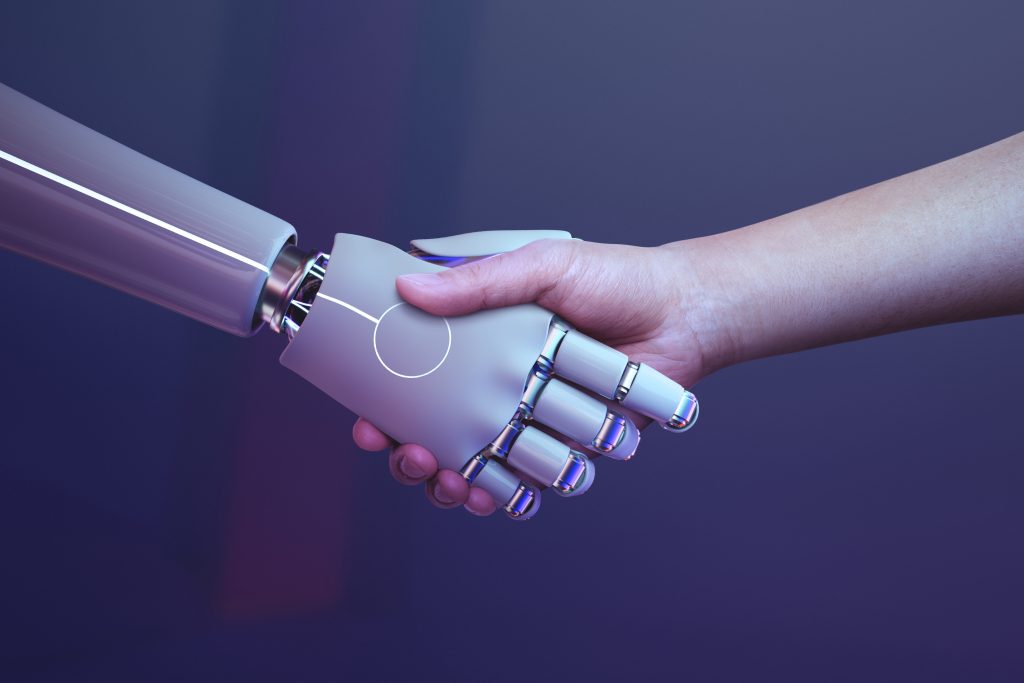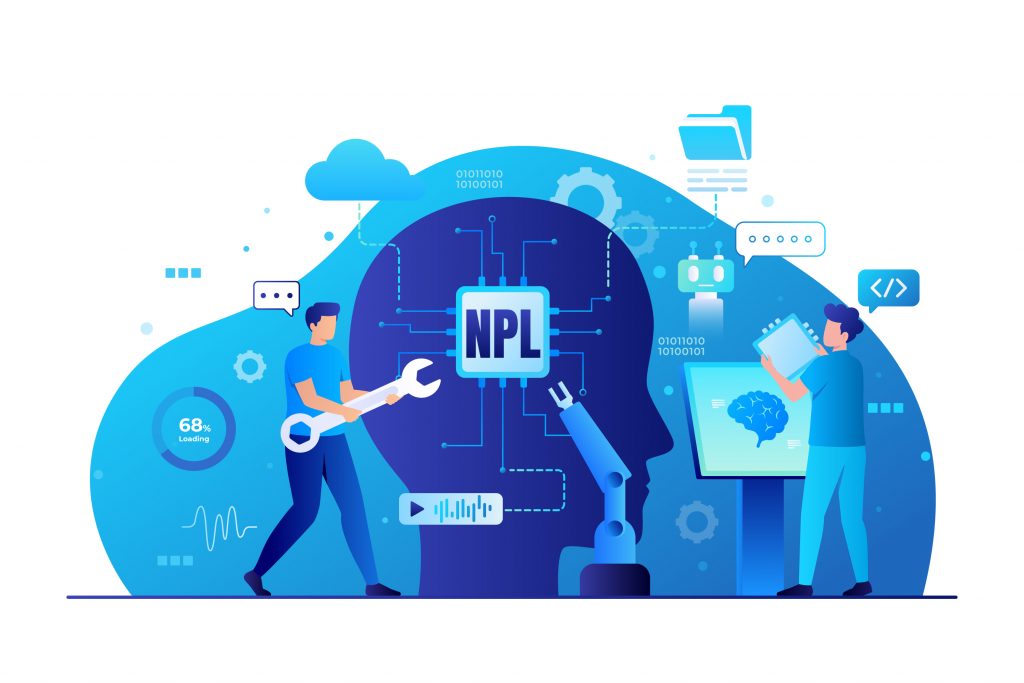what is the best ai music generator

What is AI Music Generator?
In recent years, artificial intelligence has made tremendous strides in various domains, and the music industry is no exception. AI music generators have emerged as a powerful tool for musicians, content creators, and anyone in need of original music. In this article, we will explore the world of AI music generators, discussing their evolution, benefits, top contenders, working mechanisms, use cases, challenges, and the future of AI in music.
Evolution of AI in Music
AI music generators have come a long way from their inception. Early experiments with AI-generated music were rudimentary and lacked the complexity and nuance of human compositions. However, recent advancements have transformed AI music generators into sophisticated tools capable of producing high-quality music.
Today’s AI music generators use deep learning algorithms, neural networks, and vast datasets of music to create compositions that can rival those of human composers. These AI systems have become increasingly popular in the music industry, offering a new way to create and explore music.
what is the best ai music generator by banefits
Benefits of AI Music Generators
Creativity and Inspiration
One of the primary advantages of AI music generators is their ability to spark creativity and provide inspiration to artists. Musicians and composers can use AI to generate novel musical ideas, break creative blocks, and explore uncharted musical territories.
Time Efficiency
Creating music can be a time-consuming process. AI music generators significantly reduce the time required to compose music. They can quickly produce music in various styles, allowing artists to focus on refining and arranging compositions.
Diverse Music Styles
AI music generators are not limited to a single genre or style. They can generate music in a wide range of genres, from classical and jazz to electronic and hip-hop. This diversity enables musicians to experiment with different musical styles.
what is the best ai music generator by ai music
best ai music generator
Top AI Music Generators
Several AI music generators have gained recognition for their capabilities. Let’s take a look at a few of the top contenders in the field:
AIVA
AIVA is an AI music composition software known for its ability to generate classical and orchestral music. It has been used by composers to create symphonies and other complex compositions.
OpenAI’s MuseNet
MuseNet is an AI model developed by OpenAI. It can generate music in various styles and genres, making it a versatile tool for musicians and content creators.
Amper Music
Amper Music offers AI-generated music for content creators, video producers, and musicians. It is known for its ease of use and customization options.
Endlesss
Endlesss is a collaborative music platform that uses AI to assist musicians in creating music. It encourages real-time collaboration and improvisation.
Jukebox (OpenAI)
Loudly
Soundful
Beatoven.ai
SOUNDRAW
MusicLM – Google’s Text to Music Generator.
Soundraw.io
Amper Music
AIVA
Humtap
Amadeus Code
Computoser
Google’s Magenta
Chrome’s Song Maker
Generative.FM
MuseNet
How Do AI Music Generators Work?
AI music generators operate through a multi-step process:
- Data Input and Analysis: AI music generators begin by ingesting substantial volumes of music data. This data encompasses various musical styles, genres, and compositions. Through complex analysis, the AI system discerns patterns, harmonies, rhythms, and structures within the music. This analytical phase is crucial as it forms the foundation for the AI’s understanding of music.
- Algorithmic Composition: Once the AI system has analyzed the music data, it employs intricate algorithms to create original compositions. These algorithms work based on the learned patterns and structures, allowing the AI to generate music that adheres to specific styles or moods. The result is a unique musical composition that often surprises with its creativity and adherence to established conventions.
- User Customization: Many AI music generators also provide users with the ability to customize the generated music. Users can tweak parameters like style, tempo, mood, and even specific instruments to personalize the music to their liking. This customization option ensures that the generated music aligns perfectly with the user’s creative vision.
AI music generators, through their data-driven approach and algorithmic creativity, offer a powerful blend of technology and artistry. This process has enabled these systems to become valuable tools for musicians, composers, content creators, and various other creative professionals.
AI Music Generator Use Cases
AI music generators find applications in various fields:
AI Music Generator Use Cases
AI music generators have found a diverse range of applications in various fields, revolutionizing how music is created and utilized. Let’s explore some of the prominent use cases:
1. Content Creators and YouTubers
Content creators often require captivating background music for their videos. AI music generators come to the rescue by offering an extensive library of royalty-free music. Creators can easily find the perfect soundtrack to enhance their content, creating a more engaging and immersive experience for their audience.
2. Musicians and Composers
Musicians and composers are embracing AI music generators as valuable creative tools. AI-generated music can serve as a starting point for new compositions, providing inspiration and helping artists overcome creative blocks. Musicians can also collaborate with AI, using it to generate accompanying melodies or harmonies.
3. Video Game Developers
The gaming industry has witnessed a growing reliance on AI-generated music. AI can adapt to in-game events, dynamically adjusting music to fit the mood and action within the game. This dynamic soundscape enhances the player’s experience by creating immersive and responsive audio environments.
4. Film and Television
Film and television production often require custom soundtracks to evoke emotions and enhance storytelling. AI music generators can efficiently produce original compositions tailored to specific scenes, making it a cost-effective solution for smaller productions.
5. Music Producers
Music producers can use AI-generated music as a starting point for their productions. They may extract elements from AI compositions or use them as placeholders, ultimately shaping them into full-fledged tracks.
6. Music Education
AI music generators can be invaluable tools in music education. They can help students understand musical theory, explore different genres, and practice composition. These systems can offer immediate feedback and suggest improvements, aiding in the learning process.
7. Advertising and Marketing
AI-generated music can be tailored to suit various marketing campaigns and advertisements. Brands can create original jingles and soundtracks that resonate with their target audience, enhancing brand recognition and engagement.
AI music generators have not only simplified the process of music creation but have also opened up new avenues for creativity and collaboration in diverse industries. Their adaptability and ease of use make them indispensable tools for professionals seeking high-quality music that aligns with their specific needs.
Challenges and Limitations
While AI music generators offer numerous benefits, they also face challenges:
Lack of True Creativity
AI music generators operate based on patterns and data analysis. While they can produce impressive compositions, they lack the emotional depth and true creativity inherent in human composers. AI-generated music is a reflection of existing styles and structures, rather than a result of genuine artistic expression.
2. Copyright and Plagiarism Concerns
The use of AI-generated music raises questions about copyright and intellectual property rights. Determining ownership and originality can become complex when AI systems create music. This can lead to potential issues of unintentional plagiarism and disputes over authorship.
3. Overreliance on AI
Relying solely on AI music generators can be limiting for artists. It might hinder the development of an artist’s unique musical style and abilities. While AI can provide inspiration and help with the creative process, it’s important not to become overly dependent on it, as it should complement human creativity rather than replace it.
4. Ethical Considerations
The integration of AI in music creation also raises ethical concerns. For instance, some may argue that extensive use of AI could contribute to the homogenization of music, potentially diluting cultural and artistic diversity. There are ethical questions surrounding the impact of AI on human creativity and the potential for AI-generated content to devalue the contributions of human artists.
5. Technical Limitations
AI music generators, while impressive, are not infallible. They may occasionally produce compositions that sound discordant or lack coherence. Technical glitches can lead to frustrating results, making it essential for users to have the knowledge and skills to refine and improve the output.
Future Prospects of AI in Music
The future of AI in music looks promising. Advancements in AI technology will likely lead to even more sophisticated music generators, blurring the line between AI-generated and human-created music. However, ethical considerations regarding AI-generated music’s impact on human creativity and copyright laws will need to be addressed.
Future Prospects of AI in Music
The future of AI in music holds great promise, with the potential for significant advancements and transformative impacts. As technology continues to evolve, several key developments are expected in the field of AI-generated music:
1. Advancements in AI Technology
The core technology behind AI music generators is expected to become even more sophisticated. Improvements in deep learning algorithms, neural networks, and natural language processing will enable AI systems to better understand and replicate intricate musical nuances, resulting in compositions that are increasingly indistinguishable from human-created music.
2. Increased Collaboration Between Humans and AI
Rather than replacing human musicians and composers, AI is likely to serve as a collaborator and a source of inspiration. Artists can harness the creative capabilities of AI to expand their own musical horizons. This collaboration will blur the lines between human and AI contributions, leading to unique and innovative compositions.
3. Ethical Considerations
As AI-generated music becomes more prevalent, ethical questions will take center stage. Addressing concerns about copyright, intellectual property, and artistic expression in the digital age will be essential. The music industry, legal experts, and policymakers will need to adapt to this new landscape to ensure fair and ethical use of AI in music creation.
4. New Genres and Styles
AI’s ability to analyze vast musical datasets and generate music in various styles will likely lead to the emergence of new musical genres and styles. Musicians will be able to explore uncharted territories, creating music that is a fusion of traditional and AI-influenced elements.
5. Personalized Music Experiences
AI music generators will become increasingly adept at creating music tailored to individual preferences. Listeners will have the ability to generate their own custom playlists and soundscapes, resulting in highly personalized musical experiences.
6. AI in Music Education
AI will continue to play a significant role in music education. It will assist students in learning music theory, composition, and performance, providing immediate feedback and adaptive learning experiences.
The future of AI in music is marked by a symbiotic relationship between technology and human creativity. As AI technology advances, it will empower musicians, composers, and music enthusiasts to explore new horizons while preserving the rich heritage of music created by human artists. However, the ethical and legal considerations associated with AI-generated music will need to be addressed to ensure a harmonious coexistence between human and AI-created compositions.
Conclusion
AI music generators have become valuable tools for musicians, content creators, and various other creative professionals. They offer efficiency, inspiration, and a wide range of musical possibilities. While they are not without their challenges, the future of AI in music holds the promise of further innovation and collaboration between humans and machines.
FAQs
1. Can AI music generators replace human composers?
AI music generators can assist composers and provide inspiration, but they are unlikely to completely replace human composers in the near future.
2. Are AI-generated compositions considered original works?
The originality of AI-generated compositions is a topic of debate. Copyright laws may need to adapt to address this issue.
3. How do I get started with AI music generators?
To get started, you can explore AI music generator software and platforms available online. Many offer free trials and tutorials.
4. What are the ethical concerns surrounding AI-generated music?
Ethical concerns include issues related to copyright, plagiarism, and the impact of AI on human creativity.
what is the best ai music generator
best product
pTron Fusion Party v2 40W Karaoke Bluetooth Party Speaker with 3M Wired Microphone, Dual Drivers, RGB Lights, USB/SD Card Playback, Auto TWS Function & Remote Control (Black)
GOVO GOSURROUND 950 | 280W Soundbar, 5.1 Channel Home Theatre with 6.5″ subwoofer, Dual Rear Satellites, HDMI, AUX, USB & Bluetooth, 5 Equalizer Modes, Stylish Remote & LED Display (Platinum Black)
what is the best ai music generator
more realete
28 best what is text-to-speech used for – introduction
10 best- hent ai generate image introduction
14 free ai tools for graphic design-what is graphic design ai tools
9 Best AI Tools for Meetings – what is ai tools for meetings
9 best ai tools -What are AI tools for content writing?


